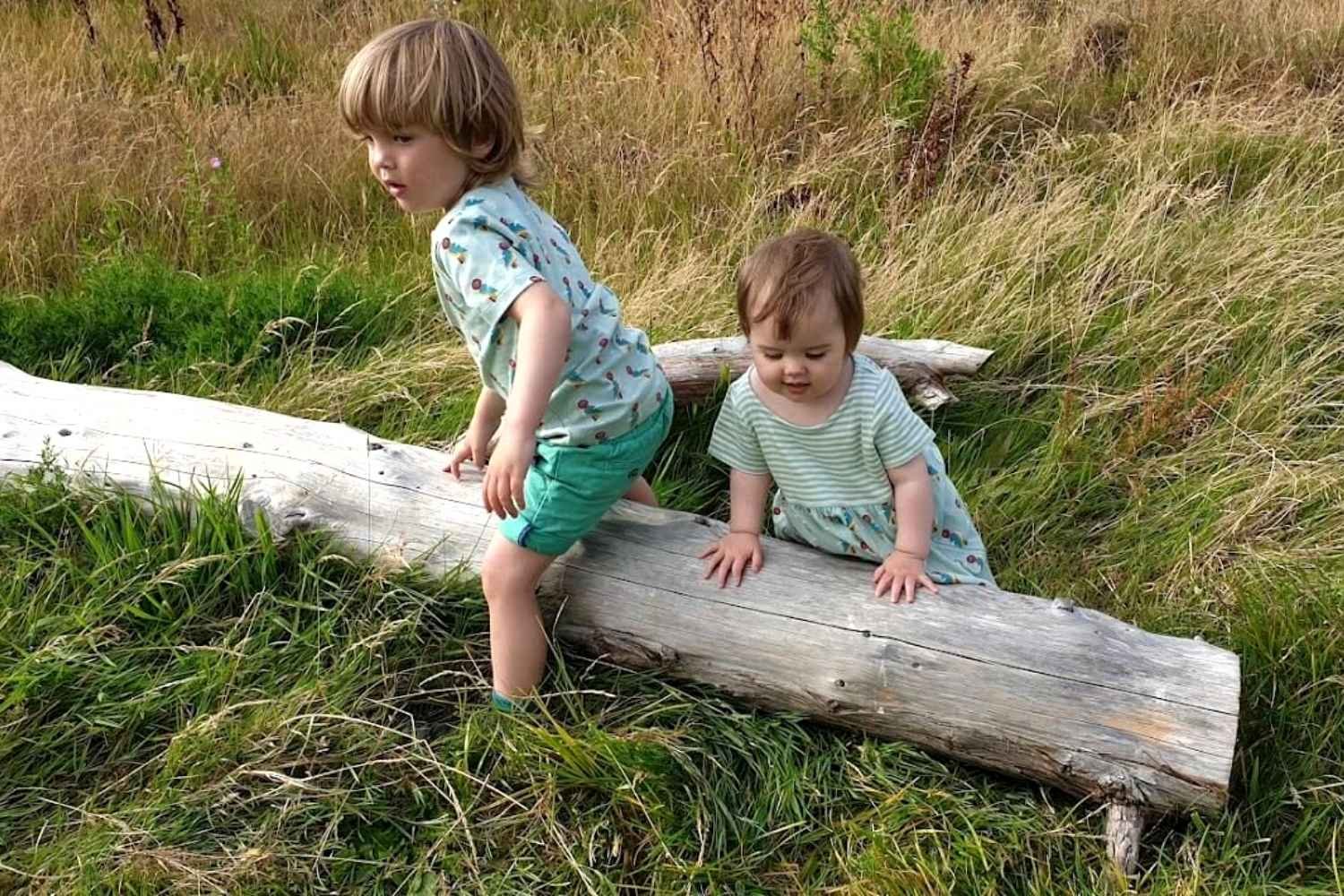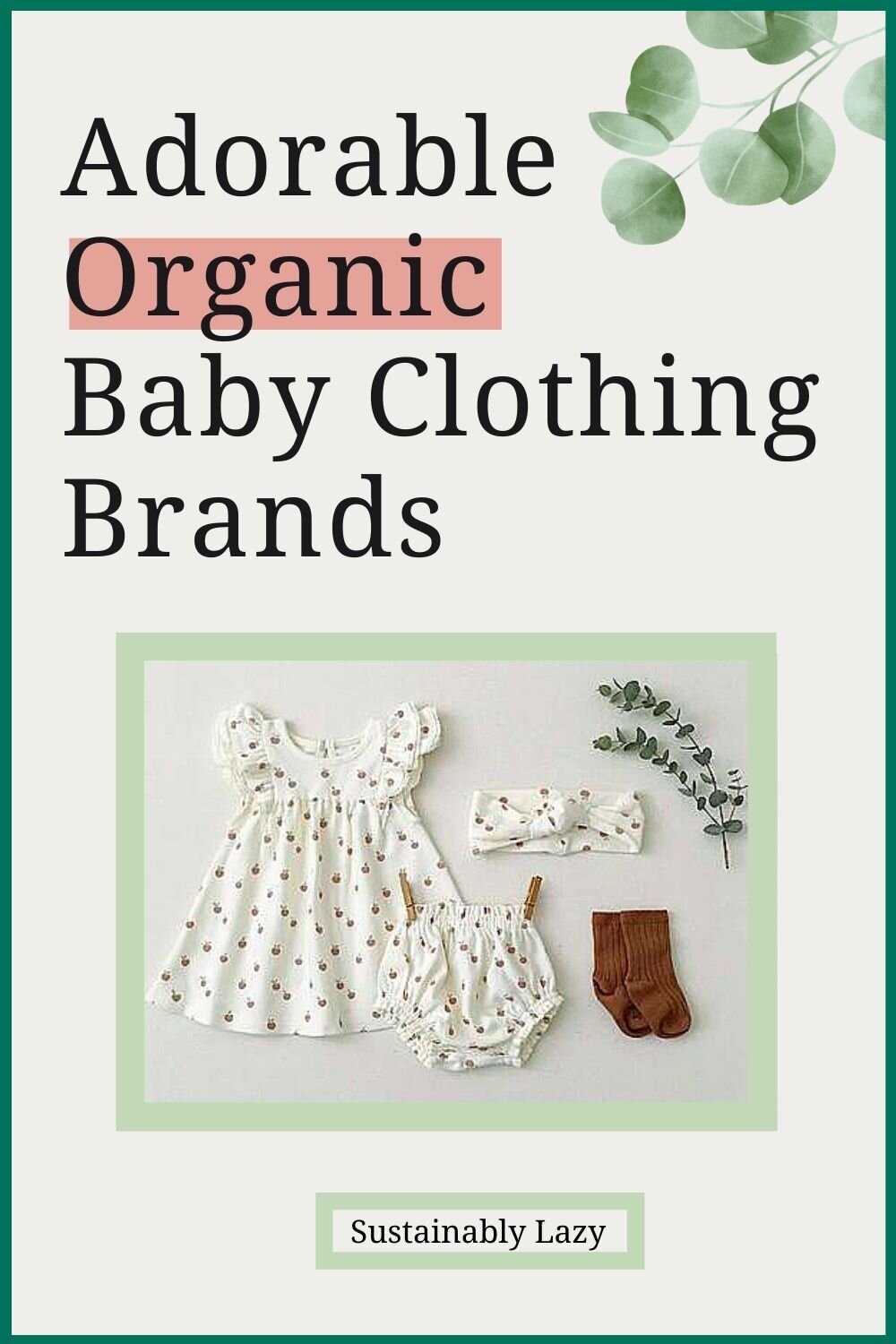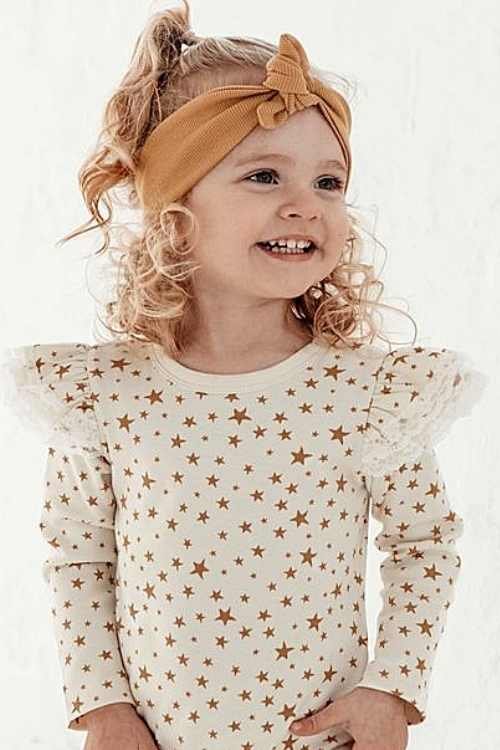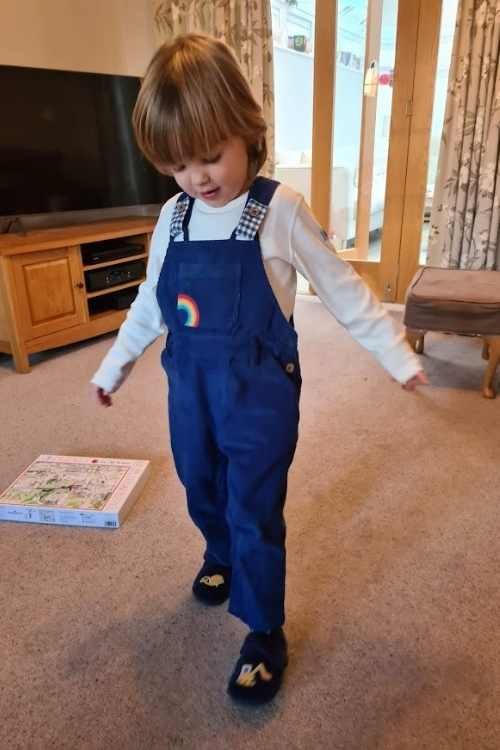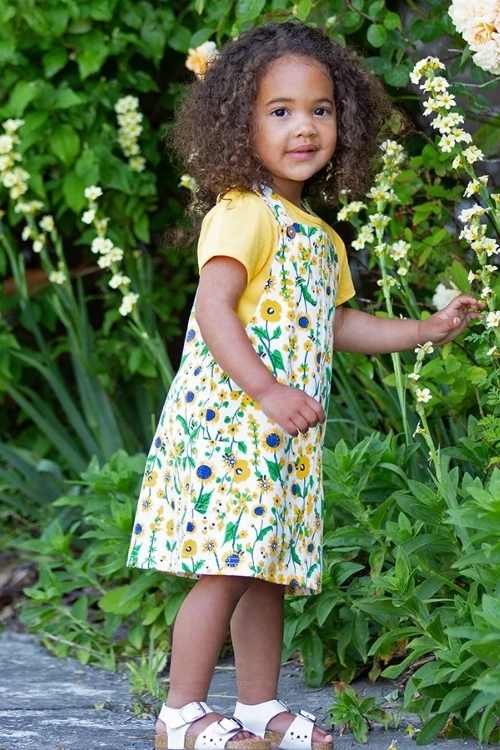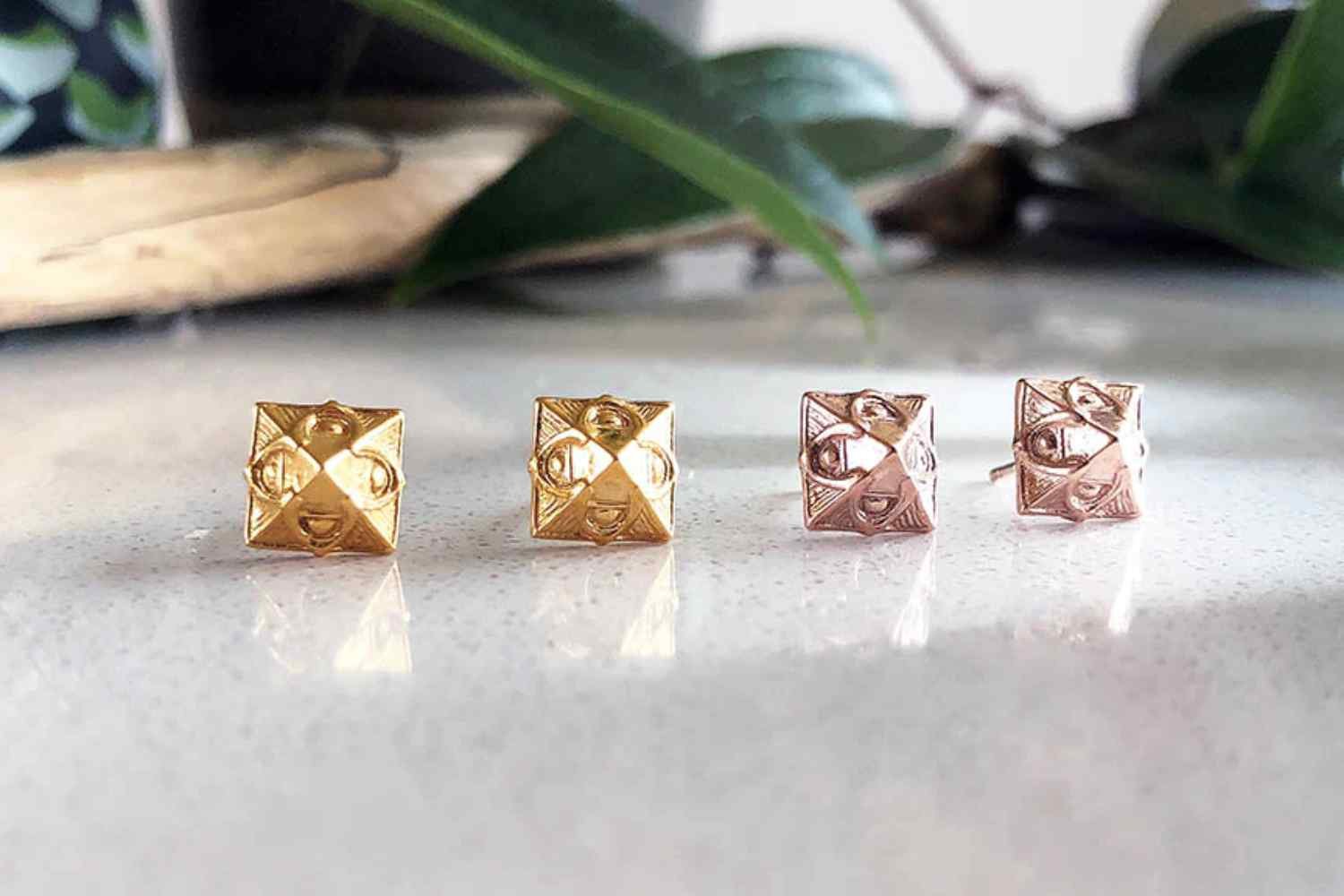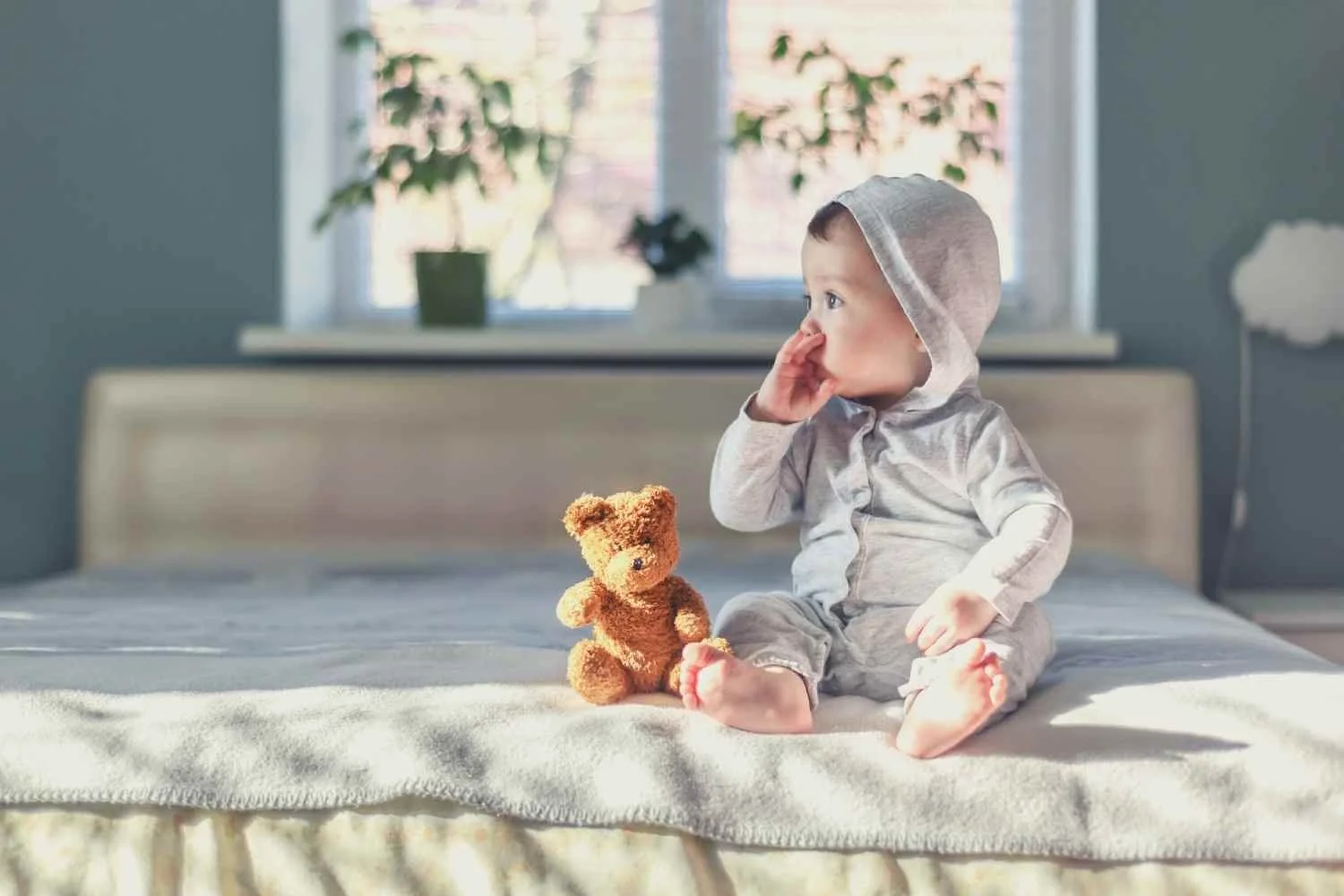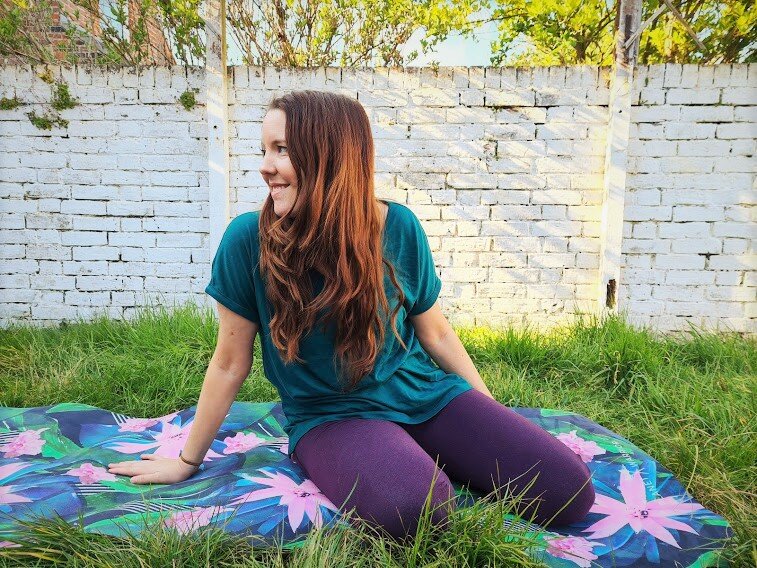20 Ethical Organic Clothing Brands For Babies + Kids
This article contains affiliate links, all advertisement is ethical screened.
I never shut up about organic children’s clothes and for a good reason.
Globally we produce up to 100 billion items of clothing a year which is terrible for the planet and unsustainable for the people making it.
When I first became a mother, my priority was to avoid petrochemicals and pesticides in my baby’s clothing, but I soon learnt that fashion issues go much deeper than that.
In 2020, 1 in 5 cotton items were linked to the Xinjiang region in China where forced labour and genocide are taking place.
This is just one example of the inexcusable abuse that happens in secretive fashion supply chains.
Nobody wants to support brands with slavery in their supply chain, do they?
Before I reveal my list of 20 ethical children’s clothing brands in the UK, USA and Australia, I’m going to look at whether organic cotton is actually more sustainable than conventional cotton.
Coming up
Is organic cotton really more eco-friendly than normal cotton?
How do you know if a fashion brand is ethical?
20 Organic cotton clothing brands for babies and children
Quicklinks
1. Is Organic cotton really more eco-friendly than normal cotton?
The short answer is yes. Organic cotton is significantly better than conventional cotton because it uses scientific farming methods that work with the natural cycles of the earth. As a result, it can have a positive impact on soil and local communities in the long term and in the short term it uses less water, chemicals and energy.
Conventional cotton:
Over one-fifth of the water used for growing normal cotton is for diluting synthetic pesticides as they enter waterways.
Pesticides and fertilizers from the cotton fields contaminate rivers and lakes, harming aquatic life.
It takes 10,000 litres of water to produce one kilogram of cotton.
Communities living near cotton fields have no choice but to drink contaminated water.
95% of farmers in India use genetically modified cotton (GMO) produced by American chemical company, Monsanto.
More than 270,000 Indian cotton farmers have committed suicide.
Organic cotton:
Local communities don’t have to worry about chemicals poisoning their food and water.
Organic cotton is 80% rainfed and uses 91% less water than conventional farming.
Natural methods are used (like composting) to create healthy soil.
62% less energy is used to grow organic cotton.
Organic certifications do not allow the use of GMOs.
Recent research shows that the yield of organic cotton can almost match conventional cotton with good management practices.
Genuine ethical clothing brands only use factories with safe working conditions and pay workers living wages. Fair wages mean children are able to go to school and adults can feed their families and pay their bills.
2. How do you know if a brand is ethical?
At a time when greenwashing rates are high and transparency is low, the easiest way to work out if a brand is ethical is to check their third party accreditations.
Some green credentials you may have heard of are:
GOTS (Global Organic Textile Standard)
Fairtrade
Ecocert
Cradle to Cradle
Bluesign
NOP (National Organic Program)
I also like to check manufacturing information to learn where the clothing is made so I can ensure the cotton doesn’t come from oppressive regimes.
Many fashion brands say they pay minimum wage, but the monthly minimum wage in India is £44.77 and in Bangladesh, it’s £68.96 which does not cover the cost of living so it isn’t ethical.
Green credentials, like Fairtrade, ensure farmers and textile workers are paid fairly for their hard work.
3. Organic & ethical clothes for babies & children
Here is my list of my favourite sustainable children’s clothing brands. I have also added in some companies from overseas for my readers that are not in the UK.
1. Polarn O. Pyret (UK)
Photos by Sustainably Lazy
Polarn O. Pyret is a sustainable Swedish brand certified by GOTS and Ecocert. They make organic cotton clothing in a classic Scandi style with designs influenced by nature, seasons and wildlife.
Their collection also includes a range of PFC-free outerwear made from recycled plastic bottles, thermal wear from merino wool and (matching) pyjamas for adults. If you happen to break a zip or popper, Polarn O. Pyret will fix that for you too.
Polarn O Pyret usually has an excellent end-of-season sale which is great if you’re on a budget.
I am a big fan of their socks!
2. Tamga Designs (US)
Photos by Tamga Designs
Tamga was started in Bangladesh after the collapse of the Rana Plaza where over 1000 garment workers lost their lives. They built their supply chain from scratch, working with factories and sustainable materials to ensure safe, dignified conditions for the people making their clothes.
Tamga makes its clothing from Tencel, which is made from eucalyptus trees and is one of the most eco-friendly, natural fabrics. They also use some organic cotton which is certified by GOTS.
Where to buy:
3. Aster & Oak (AU)
Photos by Aster & Oak
Aster & Oak is an Australian brand that offers a unique collection of certified organic cotton baby clothes and bedding.
They are a women-owned company, founded by a mother after she struggled to find allergy-friendly clothing for her baby with skin sensitivities.
Aster & Oak clothing is ethically made in India and China, they have long-lasting relationships with their manufacturing partners.
Where to buy:
Biome (AU)
4. Little Green Radicals (UK)
Photos by Sustainably Lazy
London-based Little green Radicals started life in 2005 with a passion for fair trade and a quirky sense of humour. They were one of the first companies to use Fairtrade-certified organic cotton to make baby and children’s clothing.
All clothing from Little Green Radicals is organic and certified by the Global Organic Textile Standard, it also carries the Fairtrade logo
Where to buy:
Kidly (UK)
5. PACT (USA)
Organic clothing brand PACT is ideal for the parent who wants non-toxic clothing because they are free from harmful chemicals, like PFAs, pesticides, flame retardants and toxic dyes.
Its cotton is sourced from GOTS-certified farms in India where farmers are paid fair wages. Sizes range from 0-10 years.
Where to buy:
6. Organic Zoo (UK)
Organic Zoo makes the most adorable clothes for babies and young children. If you didn’t guess from the name, all its clothing is certified organic or is naturally eco-friendly, like linen, so you can be certain that your toddler has the safest material against their delicate skin. Organic Zoo is an ethical woman-owned business based in Brighton; its sizes go up to 4 years.
Where to buy:
7. Duns Sweden (EU, UK)
Duns Sweden is a Scandinavian brand that is popular in the UK because of its strong ethics and fun patterns. Lovers of the Scandi print aesthetic will be familiar with the radish print and the vibrant harem pants.
Duns offers an adult range too so you can match with your kids. It uses Indian organic cotton and non-toxic dyes to create its GOTS-certified clothing.
(Duns trousers and dresses are large so I’d recommend sizing down).
Where to buy:
*Use my affiliate code SUSTAINABLYLAZY for 10% off
8. Kamso (UK)
Photos by Kamso
Founded by a British African woman, Kamso is an ethical children's brand that mixes authentic and traditional African design with modern style. As you can see in the photos above, their clothing is stunning.
Made in small batches by artisans in Nigeria, Kamso uses traditional methods and local textiles to create unique, conscious clothing for children up to 8 years old.
Where to buy:
Kamso’s online store (UK)
9. Little Star Organics (USA)
Little Star Organics is an affordable clothing range made from pure organic cotton and tested for harmful chemicals. It uses sustainable cotton from a GOTS organic farm in India and the final product is certified by Oeko-Tex.
Sizes fit from 0-5 years and multipacks are available for people on a budget.
Where to buy:
10. Toby Tiger (UK)
I’m not sure you can get much brighter than the sustainable brand Toby Tiger. If your little one is into bold colours and fun prints they will love this shop.
Made in a GOTS-certified, family-run factory in India, Toby Tiger has a distinctive style that is easily recognisable. Their clothes are practical and comfortable which is exactly what you need when you spend all day playing.
Toby Tiger size up quite large, so be mindful if you use disposable nappies or have a slim baby. My oldest is very slim and under 4 could only wear leggings. Toby Tiger’s leggings fit great, but their other styles of trousers didn’t work for him.
Where to buy:
11. Under The Nile (USA)
Images by Under The Nile
Who doesn’t want to dress their baby as a vegetable?
Under The Nile was founded 20 years ago by a mother who wanted clothes that wouldn’t irritate her children’s skin.
Its clothing and bedding are made from Egyptian cotton (if you didn’t guess by the name). Clothing sizes go up to 2 years.
Their soft toys and dolls are made as part of a project that provides work and income for women in rural villages.
Under The Nile is certified by GOTS, Fairtrade, Gold Seal, and NOP.
Where to buy:
12. Piccalilly (UK)
Photos by Sustainably Lazy
Piccalilly visits their supplier twice a year and they have done for 10 years. They are certified by Chetna Organic which ensures transparency and that no toxic chemicals or pesticides are used from field to factory.
The workers in Piccalilly’s supply chain receive a living wage and free meals each day; health and education are a part of the program too. Their factory is audited by Flo Cert, GOTS and is certified to SA8000 standards.
Piccalilly’s clothes do size up quite large, but I find my kids are in them for ages compared to many other brands. They are of excellent quality and offer reversible clothing too.
Where to buy:
13. Yinibini Baby (USA)
Photos by Yinibini
Yinibini Baby is a Black-owned business in DC that creates handmade children’s clothing using lovely animal-inspired and political prints.
Their clothes are screen-printed by hand with non-toxic, water-based fabric ink in their Washington studio. Yinibini’s clothing is made from certified organic cotton from the USA and GOTS certified cotton from India.
Where to buy:
Yinibini online store (USA only)
Yinibini shop
14. Frugi (UK)
Photos by Sustainably Lazy
My son spent a long time obsessed with vehicles and I can always rely on Frugi to provide clothing he likes, from trucks to tractors, it all helps in the daily battle of getting dressed.
Frugi is well-known for its colourful puddle suits made from recycled plastic bottles and they do an excellent end of season sale which is perfect if you’re on a budget.
They recently merged with Totsbots, the most ethical cloth nappy brand in the UK (according to Ethical Consumer)
Where to buy:
Ethical Superstore (UK only).
15. Finn + Emma (USA)
Photos by Finn + Emma
Made using 100% natural and organic materials, Finn and Emma create clothing and accessories in Fairtrade factories providing economic security for local people, particularly women.
They sell clothes with pretty prints and simple graphics alongside wooden toys and baby accessories.
Where to buy:
16. MORI (UK)
Images by Sustainably Lazy and MORI
MORI was founded in 2015 and sells luxury sleepwear and daywear from birth to 6 years. Its signature fabric is a blend of organic cotton and bamboo viscose which is exceptionally soft and breathable.
I’m a sucker for ribbed baby clothes so I seriously loved my MORI babygrow - the bamboo fabric gave it extra stretch and softness.
MORI sources its organic cotton from Turkey and its bamboo viscose in China (where bamboo grows). The bamboo viscose is created using a closed-loop system to prevent chemical pollution. They also use recycled nylon in their swimwear range which is produced in China.
Akin, MORI’s founder, was born in Turkey and MORI produces all its clothing and sleepwear in Turkey where cotton standards are high.
Where to buy
17 Konges Sløjd (UK)
Konges Sløjd's designs are Scandinavian, stylish and minimal. They are a Danish brand that creates luxury clothing from GOTS certified cotton. They are based in Copenhagen but their factories are located in India, China, Turkey and Malaysia.
As well as baby clothes, Konges Sløjd makes organic soft toys, baby bed linen, swaddle blankets and nursery décor.
Where to buy
Kidly (UK)
18. Kite (UK)
Designed in Dorset and inspired by the sea, Kite has lovely designs that appeal to children and adults (they are usually a hit with grandparents on Christmas lists). Their style ranges from pretty floral dresses and shirts to tractors, animals and stripes.
I find Kite’s clothing is quite large, but the quality is excellent.
Where to buy:
19. Kidly Label
Children’s retailer Kidly has developed its own range of conscious children’s products that look super comfortable.
They have thought through the materials they use to minimise the environmental impact. Rain Boots are made from 100% natural rubber, swimwear & outerwear are made with regenerated materials and socks and tights are rich in recycled cotton. I’d avoid their jelly shoes though as they are made from plastic.
Their cotton is mostly GOTS certified; Kidly aims to make all their cotton organic by 2022. Their children’s products are certified by Oeko-Tex to ensure there are no harmful chemicals alongside being free from nickel, BPA and phthalates.
Kidly list its suppliers, what they manufacture and the country they are located in on its website. SMETA audits their factories.
Where to buy:
20. Liewood
Liewood is a stylish Scandinavian interior brand that cares about ethical manufacturing as much as modern design.
They use a GOTS-certified factory for their organic cotton and soft knitwear. Liewood has a modern outdoor clothing range that includes natural rubber wellies and coats, sherpa vests and swimwear made from recycled materials. I am currently trialling their plastic-free weaning bits.
If you like the Scandi aesthetic but don’t want to sacrifice the environment, Liewood has you covered.
Where to buy:
Quicklinks
Just to make it easier, here are all the brands in one list, I have added an *asterisk* next to the ones I have a discount code for (see discount page for more info)
That’s it for today, but I’ll be adding brands to the list as I find them so don’t forget to subscribe to my monthly mailing list to be updated.
I’d also like to add a final note to shop responsibly. If you’ve decided to stop supporting fast fashion, please email the brands you’re avoiding to let them know why. That will have a bigger impact than spending money.
What’s your favourite organic children’s brand?

